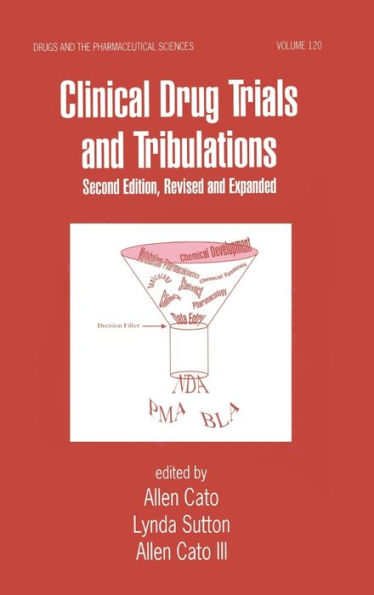Home
Trials and Tribulations of International Prosecution
Barnes and Noble
Trials and Tribulations of International Prosecution
Current price: $120.00


Barnes and Noble
Trials and Tribulations of International Prosecution
Current price: $120.00
Size: OS
Loading Inventory...
*Product information may vary - to confirm product availability, pricing, shipping and return information please contact Barnes and Noble
There have been many political dilemmas that impose structural constraints on the effort to legalize, judicialize, and criminalize normatively deviant behavior in international politics. The annual costs of these tribunals has peaked at approximately $400 million, of which $140 million is allocated to the ICC, the latter now having spent $1 billion in its first decade of existence. What has been the track record of these international criminal courts with jurisdiction to try heads of states and leading official and military officers? Has the domestic political will of states increased to prosecute their own leaders, following the ICC’s complimentary jurisdiction? How have powerful states supported these courts and how have they undermined them?In succeeding in punishing a number of high-profile cases, the tribunals arguably constitute what Habermas called communicative action that expresses the aspirations and nascent norms of international society. Beyond the confines of a specific of international cooperation, these courts are increasingly becoming norm entrepreneurs, defining the norms of coexistence among states, such that internal atrocities are seen not only as international crimes, but threats to the stability and order of international society. These courts are also redefining the attributes of what states must practice to preserve their reputations, a breach of which will prove increasingly costly. The tribunals are increasingly incentivizing and mobilizing informational networks from NG's, IG's, and states to document and publicize violations of international criminal law, thereby increasing exposure risks of perpetration. To be sure the patchwork of compliance and norm communication is fraught with double standards, hypocrisy, selective enforcement, and neoimperial delegitimation of the subaltern. Still, what has begun as institutions created in the absence of humanitarian action by the powerful may come to constitute normal state attributes similar to sovereignty, whose violation will be seen as not only illegitimate, but also meriting humanitarian action to correct and punish such behavior. The question remains whether ongoing impunity of both the powerful and the powerless will undermine or limit this potential.


















